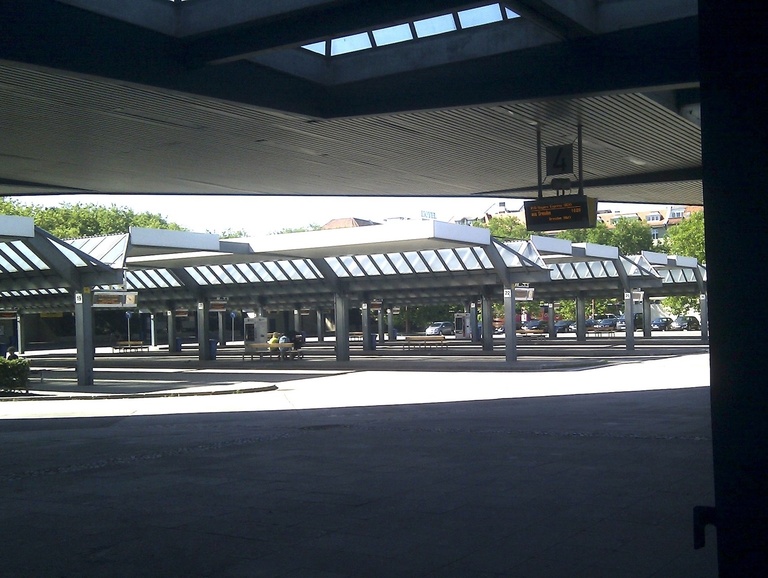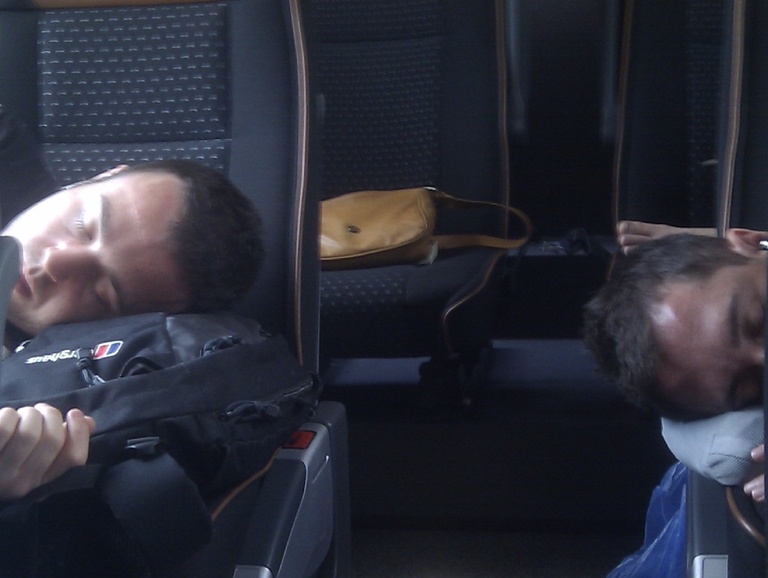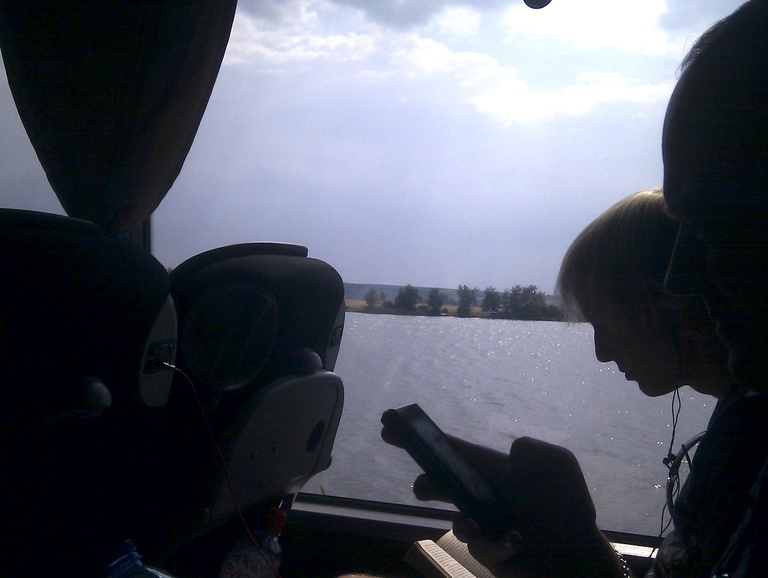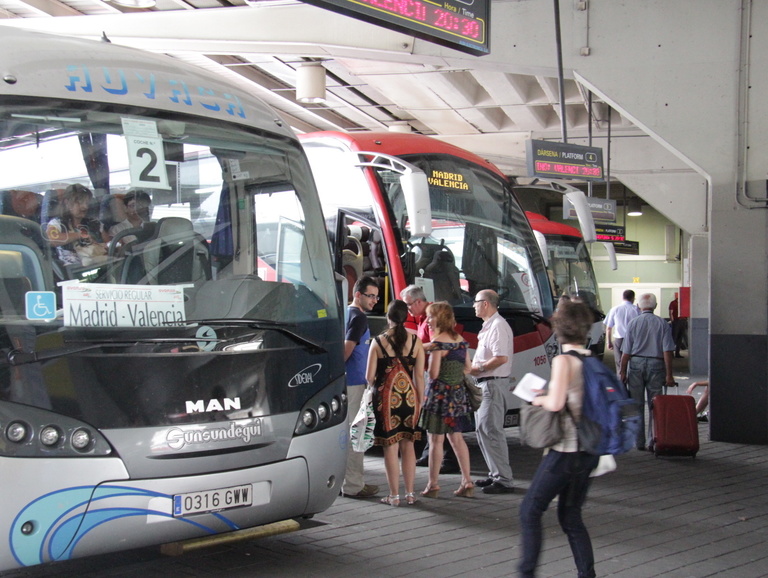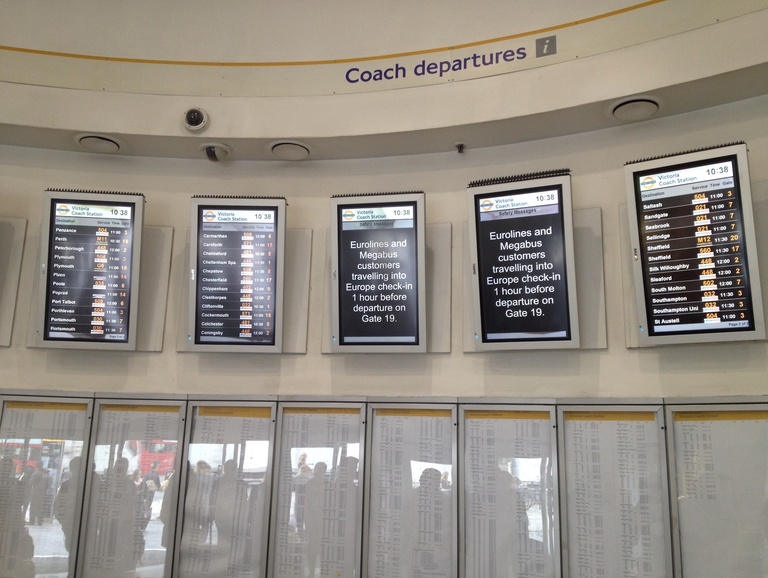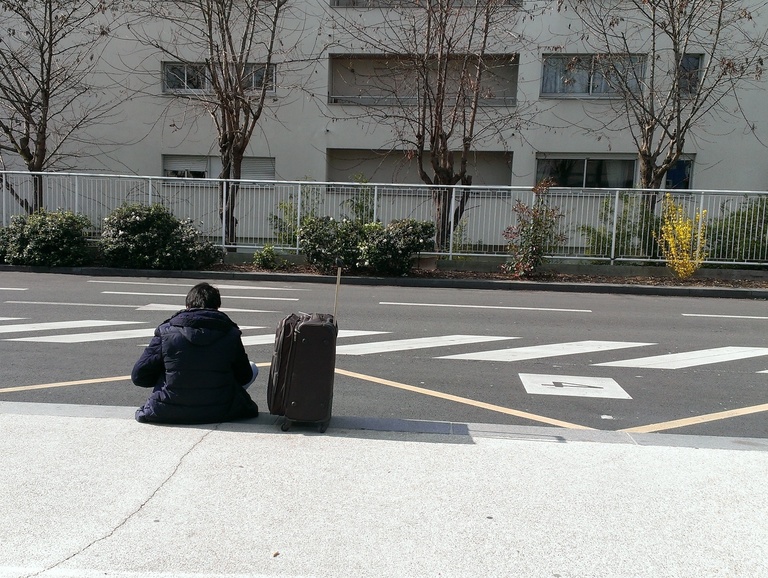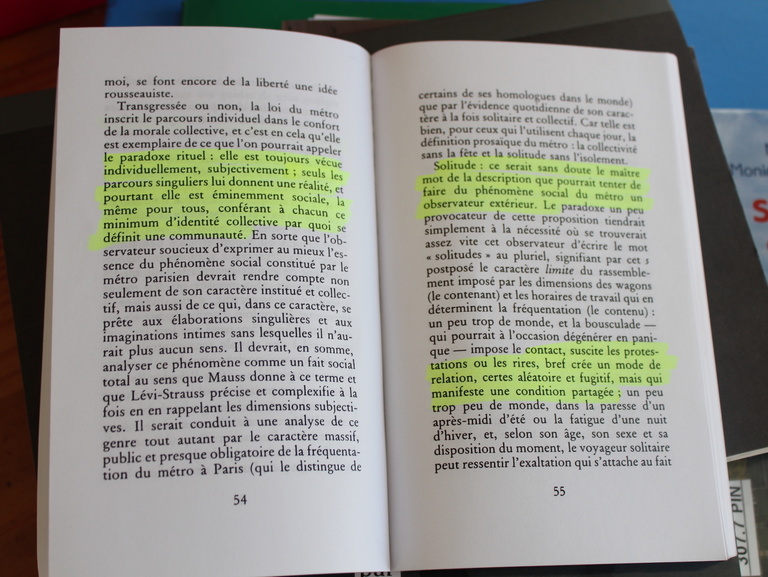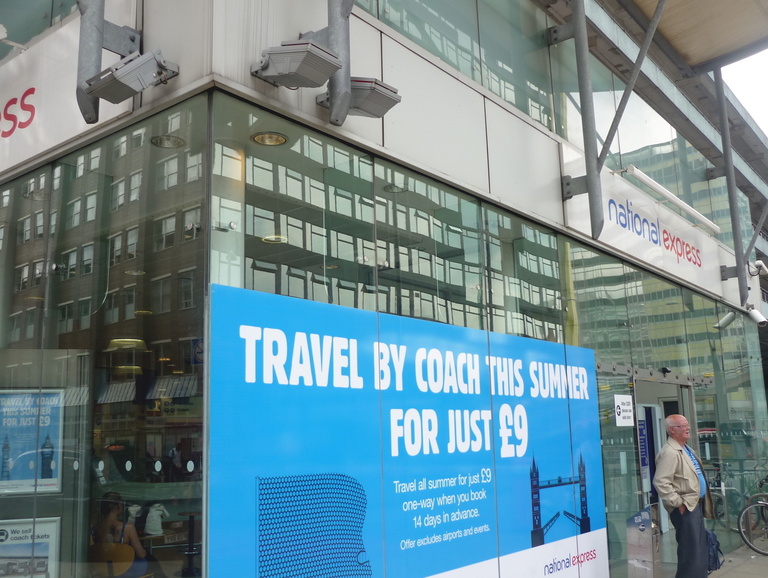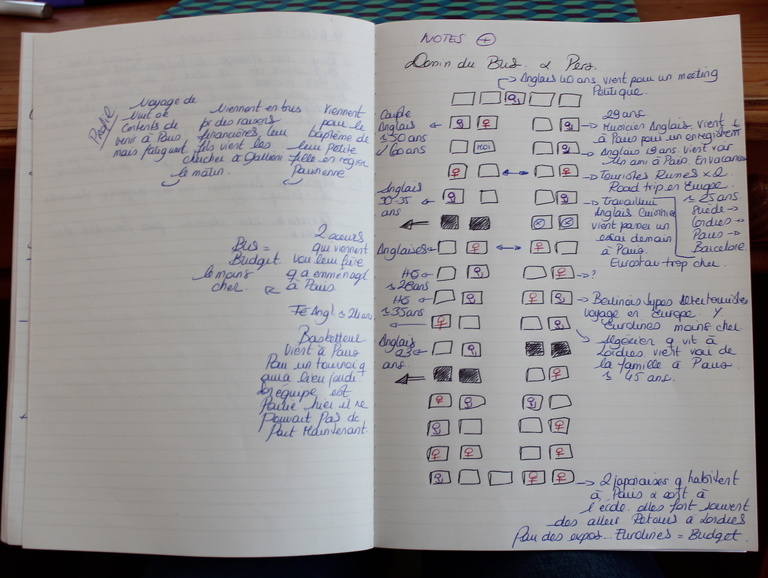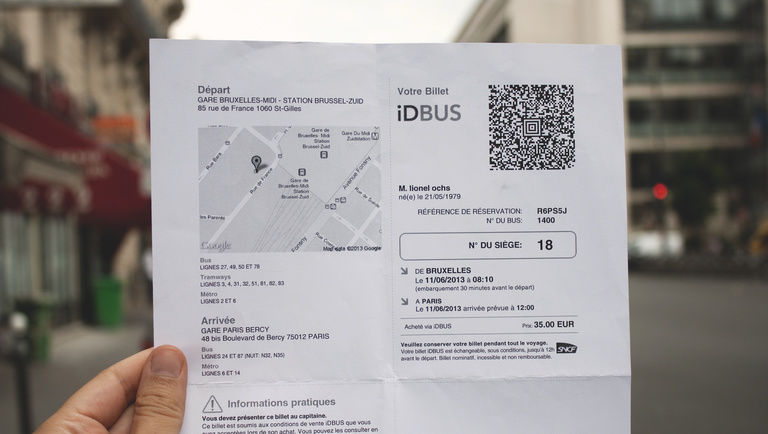
Re-inventing coach travel
User-centric innovation for French rail operator SNCF
Mobility
Ethnography
Service design
Scenario
Buses promise a collective and sustainable alternative to driving and flying (which carry a hefty cost for society) and to trains (which carry an increasing cost for passengers). Still, Europeans look down their noses at long-distance busing and the possibilities it provides are underused. SNCF asked us to take a fresh look at intercity bus travel, and we hopped on board.
In preparation for new regulation on Europe's long-distance passenger transport market, SNCF gathered a team to work in startup mode within the venerable institution. It tasked the team with designing, positioning and launching a new range of bus services, in a short timeframe (a year and a half) in order to stay one move ahead of the competition
Our job was to help the team develop what grew into iDBUS and then became Ouibus (recently acquired by BlablaCar). It involved paving the way for new mobility needs and habits, which were starting to bud among young (under-25) travellers. Ultimately the project was all about inventing a radically new experience of long-distance bus travel.
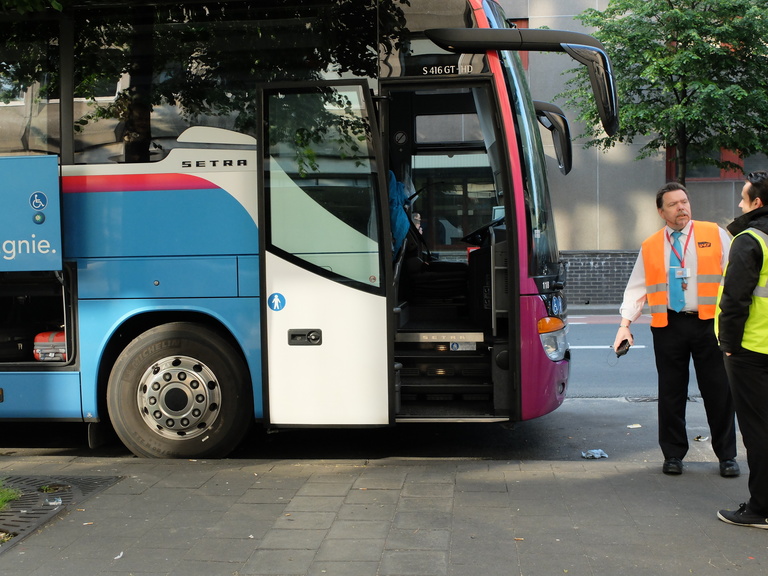

Starting with users
To tackle this challenge, we mixed ethnography and design working side by side with the designers at iD-SL. We built the new experience and innovative features around real passengers on real long-distance buses journeying across Europe.
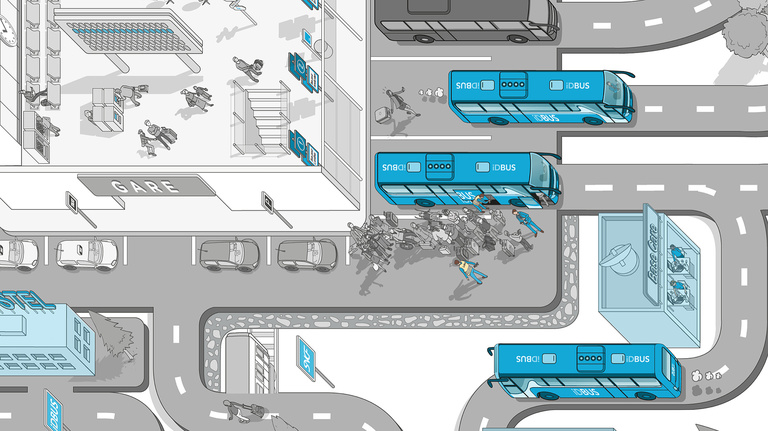
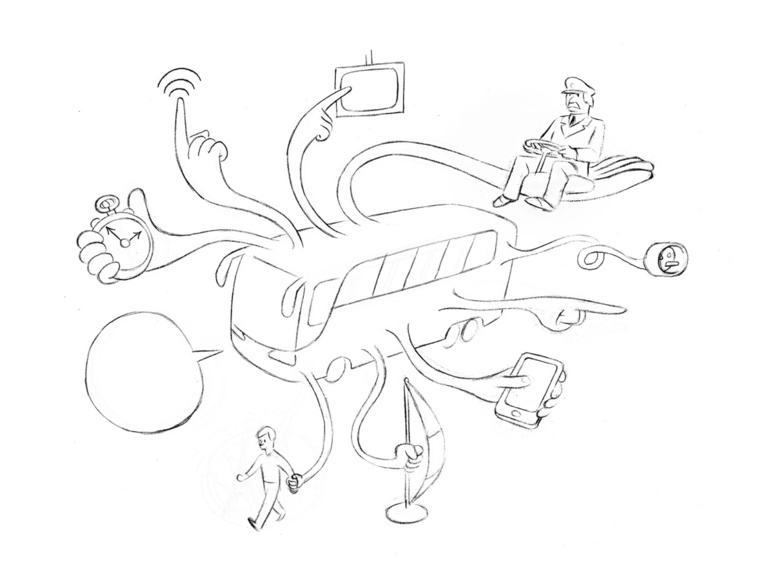
Méthos teams spent a total of four months crisscrossing Europe by bus among fellow passengers, spending time with drivers in depots, talking to people at stops, stations and motorway-side rest areas by day and by night, and generally soaking up the whole travel universe. Then we distilled the fun and frustration associated with coach travel and translated it into the values that became the foundation of the new bus service.
Positioning & developing a new service
Working with SNCF teams and listening to the steady stream of insights from the field helped us hone a series of values together. Those values became the new company’s distinctive features, and then cascaded into a series of guidelines on services, pricing, distribution channels, communication and on-board amenities. We studied and analysed each aspect separately. The bus design, for example, was based on a semiotic analysis of the various bus models.
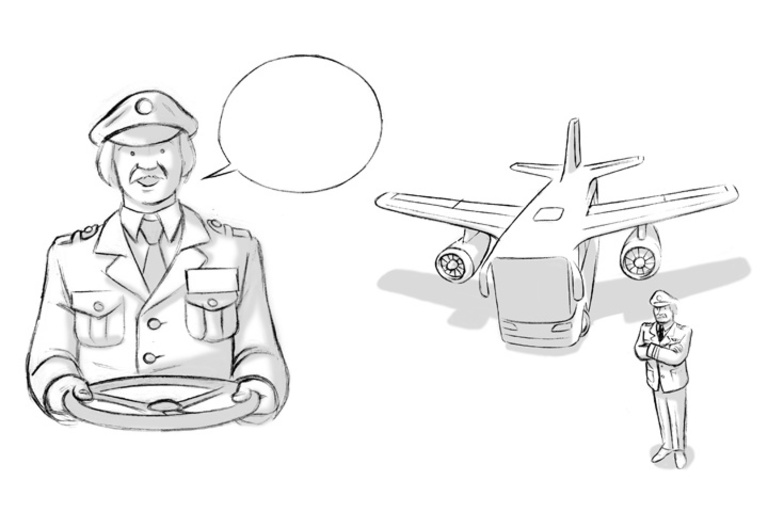
The central role of the driver
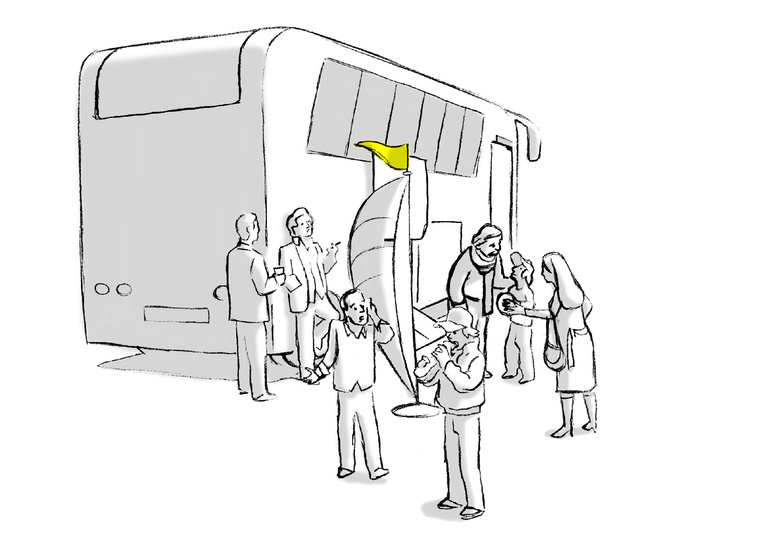
Comment fédérer le groupe le temps du voyage?
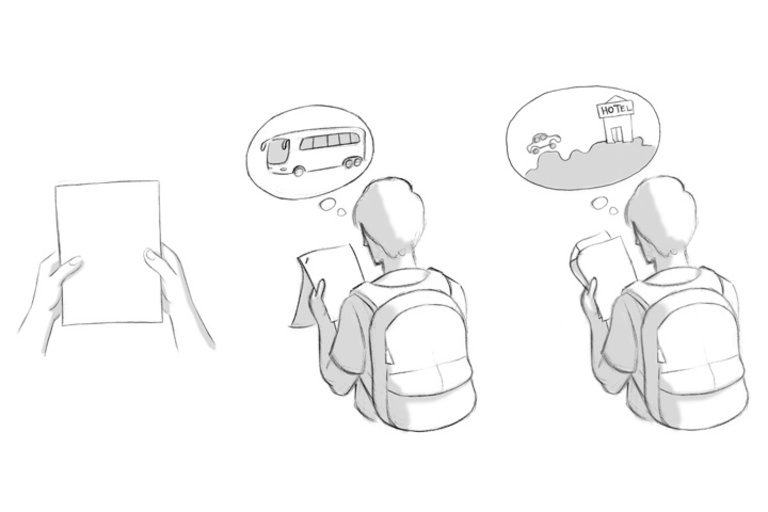
Le billet, support d'information pour l'arrivée
Impact
Méthos supported the project every step of the way and the iDBUS team as it grew from 7 to 120 people over 18 months. The service went on to become a pacesetter on the market soon after its launch (92% of its customers were satisfied and 65% very satisfied with it).
The project was presented at the EPIC conference in London and was nominated for the Award of Innovation Management in 2013.
"Méthos helped us to develop a great new transport service and to understand cultural subtleties in Europe."
Allen Vernier, Marketing and Customer Experience Manager, OuiBus
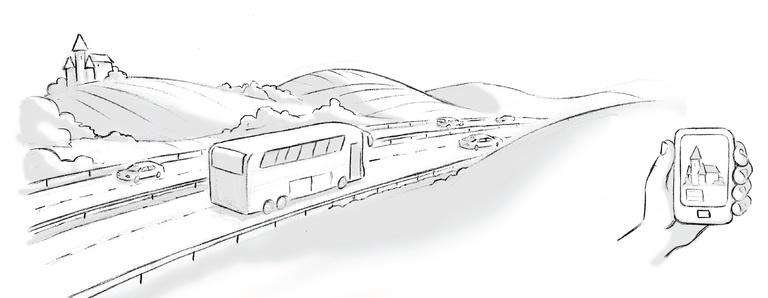
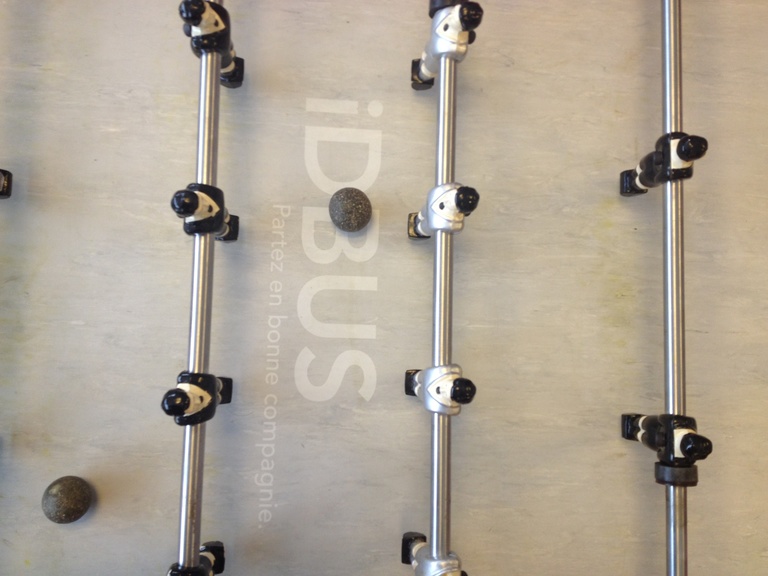
Read more
• Article in Ethnography Matters about the various topics that Methos’s ethnographic research uncovered.
• Quelque part sur le terrain se produit la rencontre entre le designer et l'ethnologue (article in FR)

